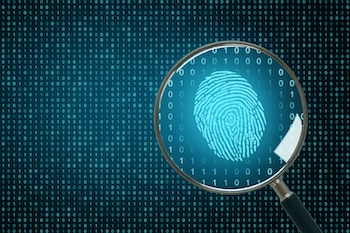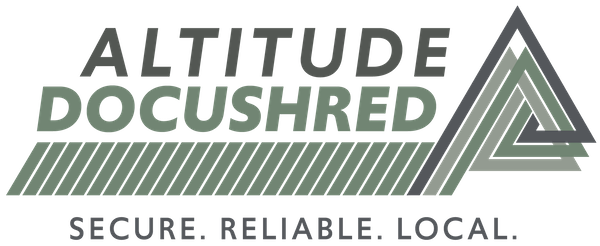What Companies and Consumers Alike Can Do To Prevent Identity Theft
 In today’s digital world, over 60 million Americans deal with the woes of identity theft. Faster and more sophisticated ways of sharing information have made Social Security numbers, addresses and passwords, and account numbers the number one target for criminals worldwide. A 2018 study from Javelin Strategy & Research found crimes of identity theft and fraud are on the rise in the United States. There are over 16 million victims reporting stolen personal information last year alone. From ruining your credit score to losing the trust of your customers, financial experts are now warning that such fraud affects more than just a bank account. To help protect yourself, your family, and your business, here are a few easy steps you can take to make sure your most sensitive information is secure and prevent identity theft.
In today’s digital world, over 60 million Americans deal with the woes of identity theft. Faster and more sophisticated ways of sharing information have made Social Security numbers, addresses and passwords, and account numbers the number one target for criminals worldwide. A 2018 study from Javelin Strategy & Research found crimes of identity theft and fraud are on the rise in the United States. There are over 16 million victims reporting stolen personal information last year alone. From ruining your credit score to losing the trust of your customers, financial experts are now warning that such fraud affects more than just a bank account. To help protect yourself, your family, and your business, here are a few easy steps you can take to make sure your most sensitive information is secure and prevent identity theft.
1. Use Strong Passwords – And Protect Them
Guard your accounts with passwords that contain a variety of letters, numbers, and symbols. Consider checking your password strength with secure sites like LastPass. Be sure to keep your recorded passwords and account numbers off of your computers, tablets, and phones, as these devices can be stolen or misplaced.
2. Keep Devices Protected
Make sure any and all of your devices that connect to the internet have the latest protection software downloaded. Updating and checking for any new threats is also vital, as it can help you protect sensitive files in case of a breach. For companies, developing a security plan to help identify threats and vulnerabilities within your company’s information stores can help protect both you and those you serve.
3. Destroy More than Just Documents with Electronic Data Destruction
Contrary to popular belief, deleting a file from your device does not mean it is gone for good. Nearly half of second-hand devices bought and sold on the market contain personally identifiable information. These can give easy access to things like personal credit card information or customer information. When disposing of or selling devices, use a certified service to wipe this information and be sure to obtain detailed reports of processed equipment. For business owners in Colorado, a newly implemented General Data Protection Regulation has tightened rules regarding breach reporting, data disposal, and security measures. Click here to read more about the new GDPR requirements.
4. Closely Monitor Accounts and Medical Statements
For most major banks and cards, daily transaction history is available online via app and/or the entity’s website. Check your account daily for suspicious purchases or unknown charges, especially when ordering online. Additionally, take time to look over all medical claims and be aware of any unfamiliar groups or procedures. Medical claims – which often have long processing periods – are a prime target for thieves and could leave you paying fraudulent expenses.
5. Shred Any Documents Containing Personal or Customer Information
Secure shredding allows home and business owners to ensure their information has been 100% destroyed to prevent identity theft. In Colorado, all private and public companies handling and disposing of personal information are responsible for complying with state laws regarding data privacy. For individuals, shredding applies to more than just bills and old credit cards. ATM receipts, signed documents, and employment records all fall under the Federal Trade Commissions shredding recommendations for consumers. Third-party shredders can both speed up the process of document destruction as well as provide an easy and responsible process of disposal.


